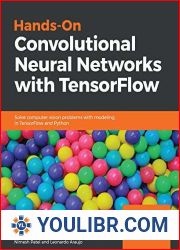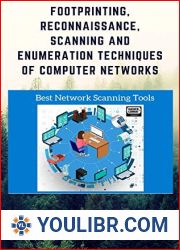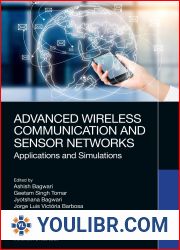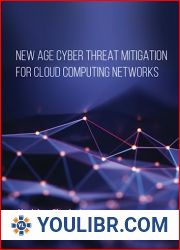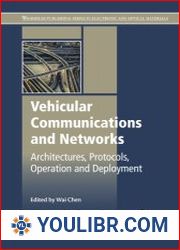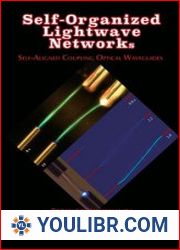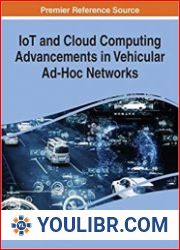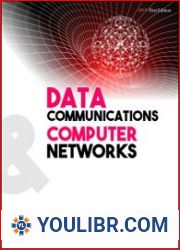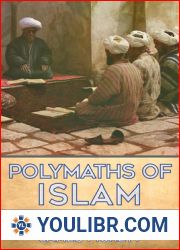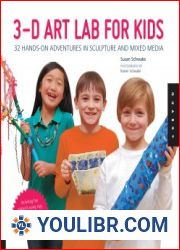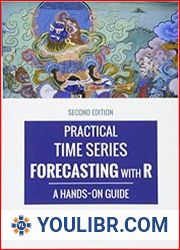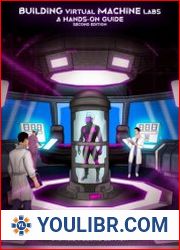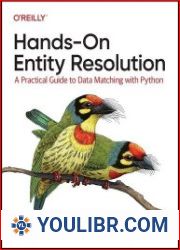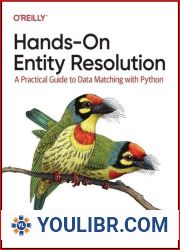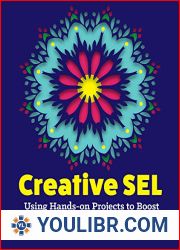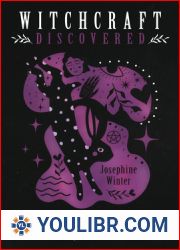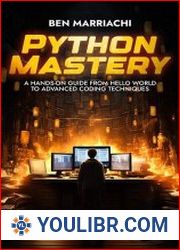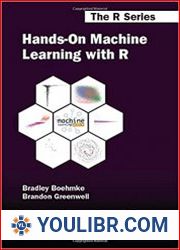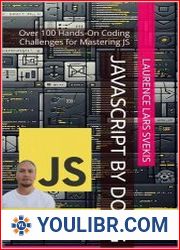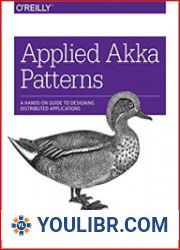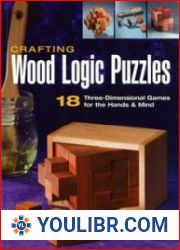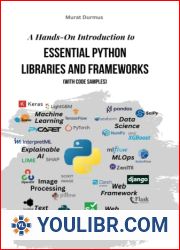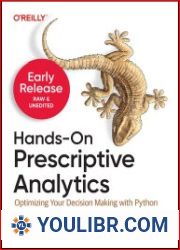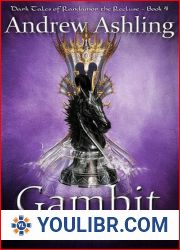
BOOKS - Hands-On Convolutional Neural Networks with TensorFlow: Solve computer vision...

Hands-On Convolutional Neural Networks with TensorFlow: Solve computer vision problems with modeling in TensorFlow and Python
Author: Iffat Zafar
Year: August 28, 2018
Format: PDF
File size: PDF 19 MB
Language: English
Year: August 28, 2018
Format: PDF
File size: PDF 19 MB
Language: English
Learn how to apply TensorFlow to a wide range of deep learning and Machine Learning problems with this practical guide on training CNNs for image classification, image recognition, object detection and many computer vision challenges. Convolutional Neural Networks (CNN) are one of the most popular architectures used in computer vision apps. This book is an introduction to CNNs through solving real-world problems in deep learning while teaching you their implementation in popular Python library - TensorFlow. By the end of the book, you will be training CNNs in no time! We start with an overview of popular machine learning and deep learning models, and then get you set up with a TensorFlow development environment. This environment is the basis for implementing and training deep learning models in later chapters. Then, you will use Convolutional Neural Networks to work on problems such as image classification, object detection, and semantic segmentation. After that, you will use transfer learning to see how these models can solve other deep learning problems. You will also get a taste of implementing generative models such as autoencoders and generative adversarial networks. Later on, you will see useful tips on machine learning best practices and troubleshooting. Finally, you will learn how to apply your models on large datasets of millions of images. This book is for Software Engineers, Data Scientists, or Machine Learning practitioners who want to use CNNs for solving real-world problems. Knowledge of basic machine learning concepts, linear algebra and Python will help.







